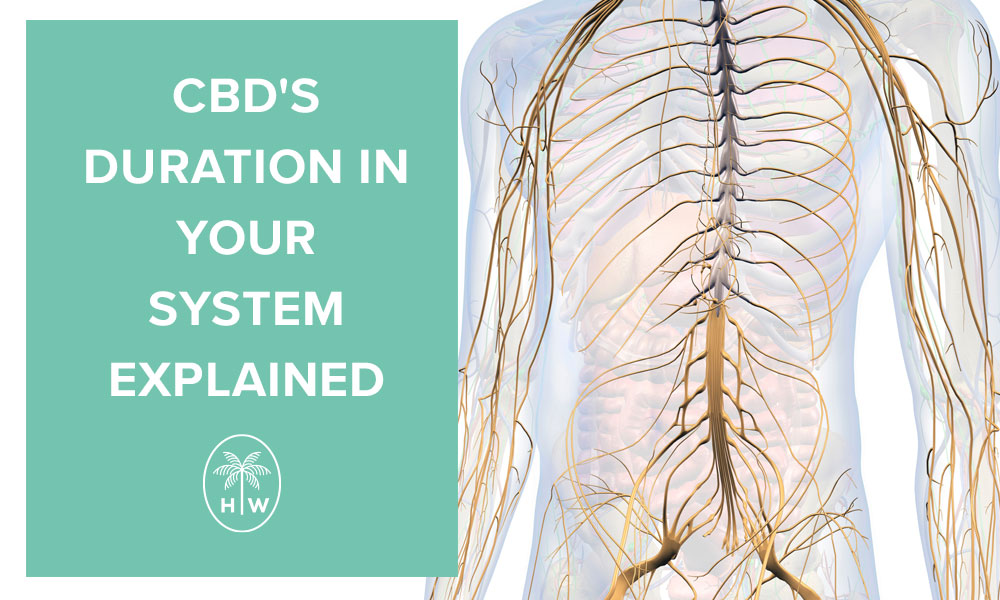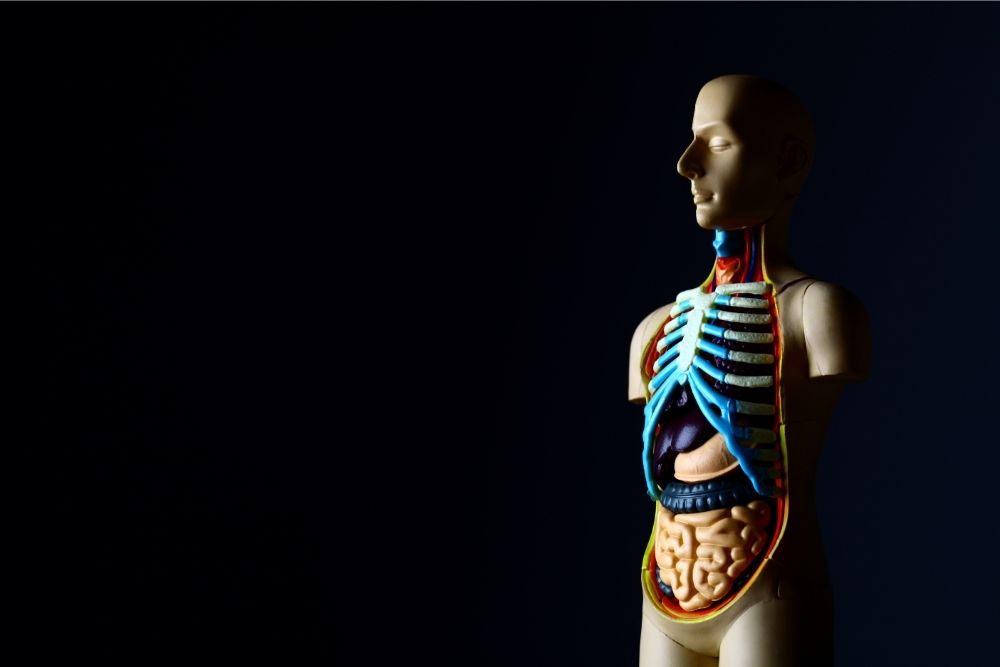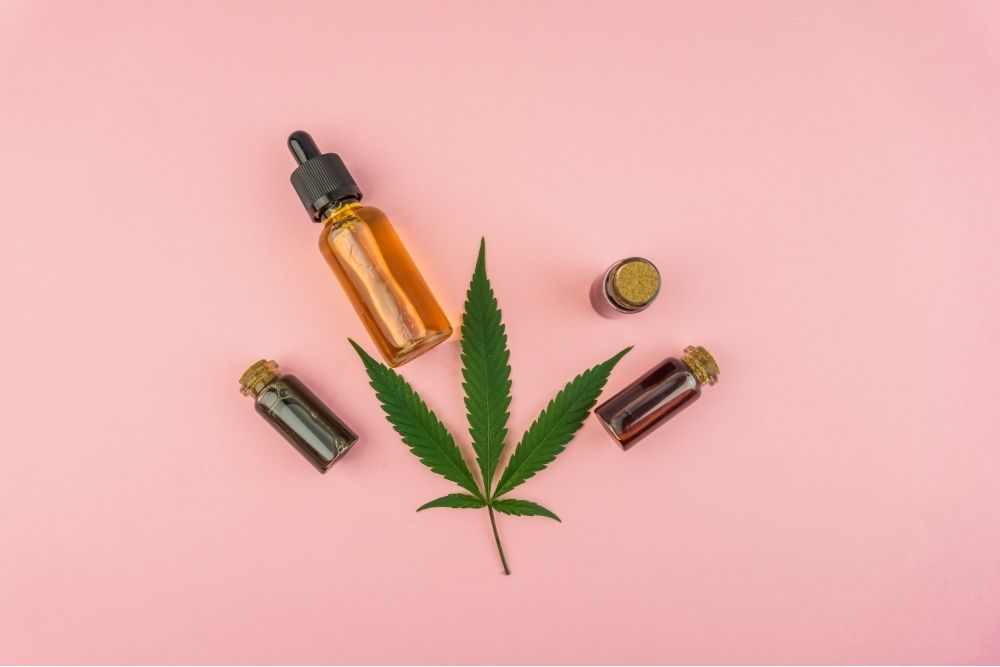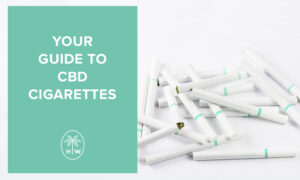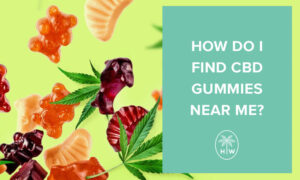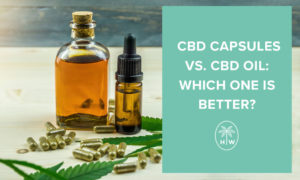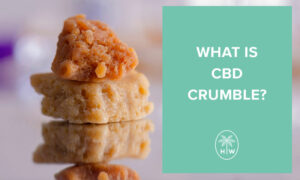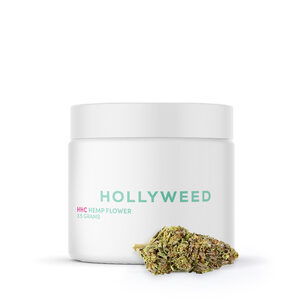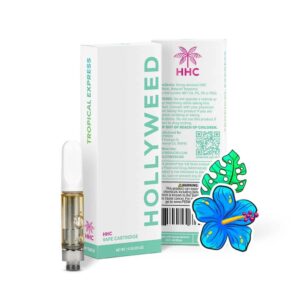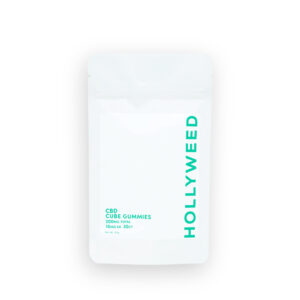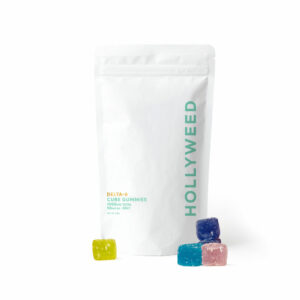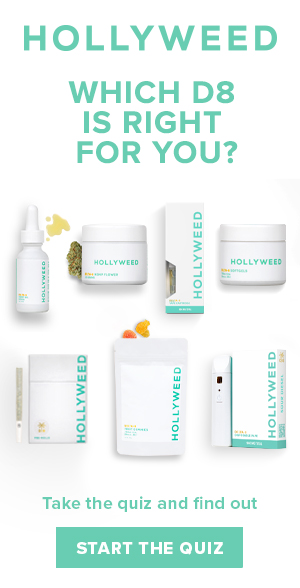Cannabidiol (CBD) is a relatively new product that has been quickly rising in popularity, but many of you may still wonder – how long does CBD stay in your system? One of the main concerns here is whether or not CBD will show up on a drug test. Since CBD is not a psychoactive ingredient like THC, it is undetectable to most drug tests.
The rapid growth of the CBD industry is no surprise, thanks to the compound’s many benefits and minimal side effects. Some of these CBD benefits include a natural sleep boost, mood improvement, discomfort relief, and appetite enhancement. Cannabidiol also does not induce any of the euphoric or “high” feelings that THC does, which is a huge selling point for many people.
Table of Contents
Will CBD Show Up On a Drug Test?
Many drug tests will not test for CBD or will not be able to detect it. For the most part, drug tests administered by employers are only testing for recreational and psychoactive drugs. While CBD itself may not be detectable, full spectrum CBD products contain trace amounts of THC that may build up over time.
Full spectrum CBD products are legally allowed to contain up to 0.3% THC. While this amount of THC is not enough to get you “high,” consistent use of full spectrum CBD can build up THC in your system and trigger a positive drug test.
Those looking to avoid a positive test should consider using broad spectrum CBD products, which should contain 0% THC. CBD isolates are the best option however, because they consist of pure CBD and no other compounds. To be safe, always read the label on the product you are using to confirm its ingredients!
Related: Can You Get Addicted To CBD?
How Long Does CBD Stay in Your System?
CBD is a fat-soluble compound, which means our fat cells can store CBD for up to thirty days. However, this number is not exact and can vary from person to person based on many different factors like frequency of use, metabolism, body mass, physical activity, and general health. Remember that while CBD may stay in the system for a week or two, the effects usually only last a few hours.
In a study performed in 2018, researchers found that the estimated half-life of CBD was on average 2-5 days after oral ingestion. The half-life can range from 1.5-11 hours for sublingual applications, and averages about 31 hours for smoking.
For many medications, it takes 5.5 half-lives for it to leave your system completely. This means that after taking CBD, it may take anywhere from 11-28 days to exit the body entirely, but it could be undetectable well before that.
There is very little research on probing CBD’s presence in urine. One study showed that CBD was detectable for only 24 hours after use. However, since it is rare for employers to test for CBD specifically, most people don’t need to worry.
Your chosen method of CBD consumption can also affect how quickly it is absorbed into your system and how fast it leaves. For example, the amount of CBD that reaches the bloodstream (bioavailability) after smoking is different than ingesting orally or sublingually (under the tongue).
The FDA highly recommends to stop taking CBD during and after pregnancy (while nursing). There is little research on the effects of CBD during pregnancy and breastfeeding, but there is a potential risk of transferring CBD to a fetus through the womb or breastfeeding.
Which CBD Method Lasts the Longest?
Depending on how you choose to enjoy CBD, different methods can affect how long the CBD effects last. The general rule is that the longer it takes to feel the effects, the longer it lasts. The great thing about CBD is that you can enjoy it in many different ways.
Inhalation
Smoking or vaping is one of the most effective ways to feel the effects of CBD quickly. Inhalation provides better bioavailability because it allows CBD to enter the bloodstream quickly without passing through the liver or digestive tract. When CBD is inhaled, you can feel the effects within a few minutes.
Inhalation is a great way to consume CBD for those seeking immediate relief. The effects can last up to 2-3 hours. Some great products are CBD flower, vape juices, or pre-rolls.
Under The Tongue
Another method of taking CBD is by absorbing it sublingually (under the tongue). The glands beneath the tongue and inner cheek are directly connected to the bloodstream and allow CBD to be absorbed quickly. Usually, the effects can be felt within a few minutes, although it is slightly slower than inhalation.
The effects of taking CBD sublingually will usually last around 4-6 hours. Some great products to try are CBD oils, also known as tinctures.
Topically
CBD can also be applied topically. Absorbing CBD through the skin is a great way to enjoy sustained, localized effects. Depending on the type of CBD lotion or cream that you are using, the cannabidiol can take anywhere from 15 minutes to 1 hour to take effect.
Once the topical has been absorbed, it can last around 4-6 hours. Applying CBD topical has lower bioavailability than the inhalation or sublingual methods, but they are an excellent choice for those seeking targeted relief for soreness. Topical CBD only affects the areas you apply it to. Topicals can come in many different forms, such as lotions, creams, balms, salves, or patches.
Oral Ingestion
Orally ingesting CBD is the longest-lasting method of consumption. This method requires you to swallow the product and allow it to enter your digestive system. This process can take 45 minutes to two hours to take place but the effects can last up to eight hours or more.
Oral ingestion absorbs the least amount of CBD into the body because the compound must travel through the liver, where much of it gets destroyed. This results in a lower bioavailability. However, this method is great for individuals that are looking for long-term effects or all-day relief. Some great products you can take orally are powders, capsules, or edibles.
Can Anything Affect the Duration of CBD in Your System?
Many factors determine how long CBD stays in your system. Some of these factors are how much CBD is taken, how often you take it, how your body reacts to it, and your diet.
Dosage & Frequency
The amount of CBD you take and how often you use it can also play a huge factor in how long it stays in your system. Taking larger amounts of CBD will cause it to remain in your system longer.
Frequency is also a factor, especially if you take CBD regularly. A consistent user will always have varying traces of CBD in their body. However, someone that only uses CBD occasionally will clear their system of CBD faster.
Your Body
Of course, everyone’s body will react differently to CBD. Your weight, metabolism, and diet can affect the amount of CBD absorbed into the body and how long it lasts. Eating food with CBD can influence your digestion and how you metabolize the CBD.
How Much CBD Should You Take?
Always consult with a doctor or health professional for any questions or concerns on CBD. The standard dosage for CBD is 0.25mg per 1lb of bodyweight. For example, if you weigh 150lbs, your dosage would be 150lbs x 0.25mg = 37.5mg. For a strong dose, try 0.5mg per 1lb of bodyweight instead.
While it is impossible to overdose on CBD, some people may experience minor side effects. Some of these side effects may include drowsiness, nausea, dry mouth, or diarrhea, but CBD is generally well-tolerated by most people.
The best way to determine how much CBD you can handle is to start small and gradually increase your dosage. This method is great for beginners who are not sure of their tolerance or want to test the effects of CBD.
Final Thoughts
Different factors, such as lifestyle, body weight, or diet, can affect how long CBD can stay in your system. However, most people shouldn’t worry about CBD staying in their system for too long because it is near undetectable after a week or two. CBD is an excellent product for those looking for soothing effects, discomfort relief, tranquil relaxation in general, or better sleep.
